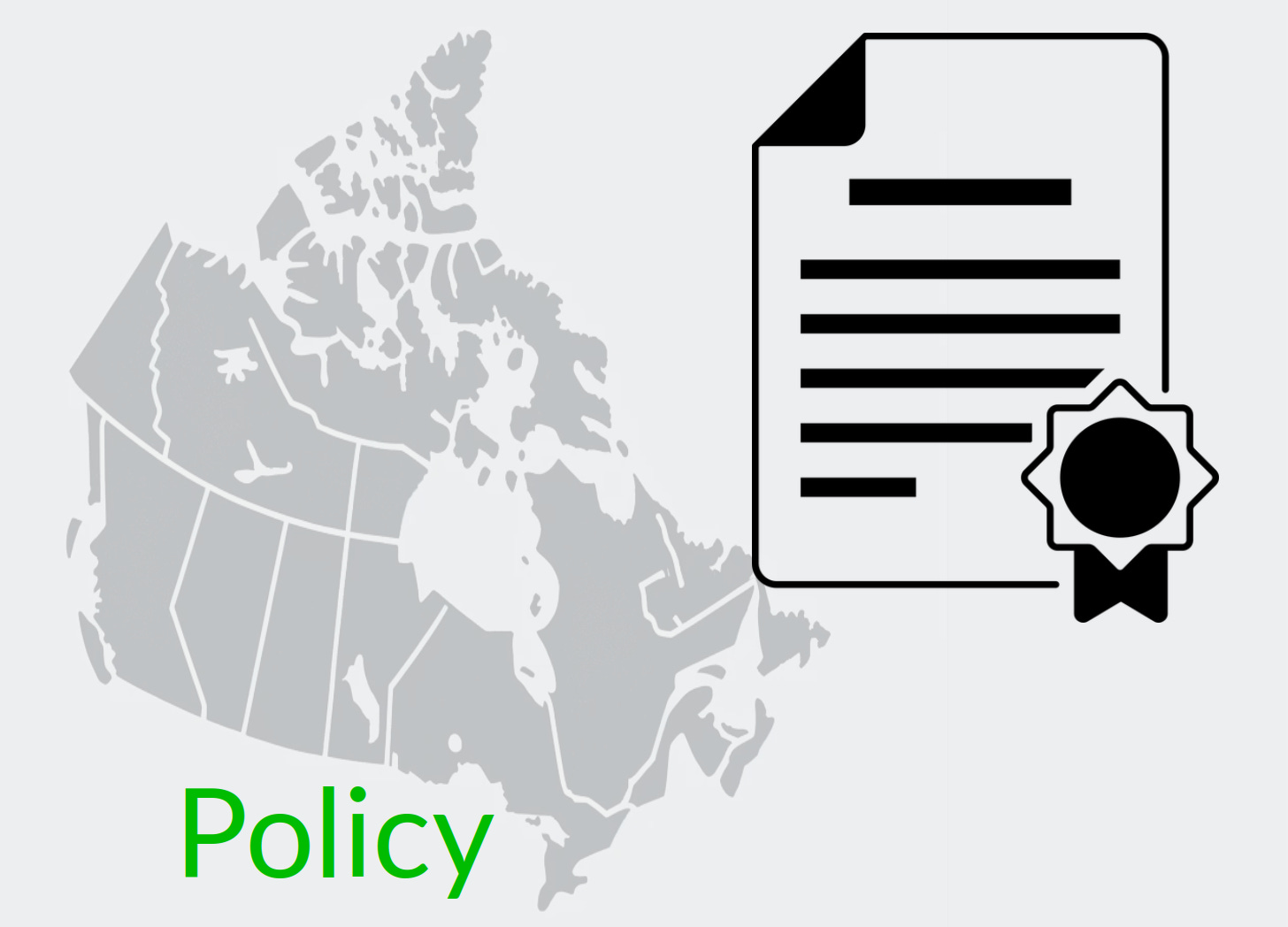Is Canada’s $100B+ Climate Plan Based on Shaky Science?
The Climate Working Group at the U.S. Department of Energy recently published "A Critical Review of Impacts of Greenhouse Gas Emissions on the U.S. Climate". Of note, that group includes University of Guelph’s very own Professor Ross McKitrick.
The authors conclude that while climate change is real and influenced by human emissions, its risks are often exaggerated. Instead:
Published models have consistently and aggressively overestimated warming
Extreme weather trends are not worsening as claimed
Aggressive mitigation policies may cause more harm than good
Rising CO2 levels have, in fact, been instrumental in promoting an ongoing planet-wide increase in vegetation cover. This is thanks to enhanced photosynthesis and water use efficiency and has contributed to higher agricultural yields. It turns out that, whatever acidification may be happening, there appears to be no serious impact on marine life.
To be sure, there’s been vocal push back against the report’s findings. But that just highlights the complexity, volatility, and intense political stakes of the issues involved.
Despite my own stellar academic publishing history (see my high school paper from 45 years ago on CO2 emissions and the acidification of lakes in Ontario for full details), it turns out that I’m not qualified to express an opinion here. After all, I lack the necessary combined expertise in natural sciences, applied sciences, social sciences, and so on.
But I suspect that the people in Ottawa who make related policy decisions aren’t necessarily all that better prepared than I am. Which makes me wonder just how much of our money has been spent through the past ten years based on assumptions that are far from universally accepted in the scientific community.
The short answer is: many billions of dollars. Here are some highlights:
$28.7 billion for the public transit envelope from the Investing in Canada Plan
$26.9 billion for the Green Infrastructure Investments envelope from the Investing in Canada Plan
$2 billion for the Low Carbon Economy Fund
$8 billion for the Net Zero Accelerator
$103 billion for the Clean-economy Investment Tax Credits (although that won’t all be spent before 2035)
$3 billion in EV purchase rebates from the Incentives for Zero-Emission Vehicles
$2.6 billion for Canada Greener Homes Grants
$2.75 billion for the Zero-Emission Transit Fund (school buses and municipal ZEV fleets)
$1.5 billion to support low-carbon fuel production and adoption
$964 million for the Smart Renewables and Electrification Pathways Program (renewable projects, storage, and grid modernization)
$680 million for Zero-Emission Vehicle Infrastructure Program (charging stations and hydrogen refuelling)
Granted, some of that funding will address other policy needs besides just climate change mitigation, and nearly all of it is designed to be paid out over multiple years. And of course, not all funds that were allocated have been spent yet. Two thumbs up for inertia!
But it’s still an awful lot of money considering no one really knows for sure whether any of this is helpful. Not to mention that, while it’s complicated, after a decade of trying, Canada’s actual emissions haven’t necessarily dropped.
.



I wish they wouldn't call them "zero emission" vehicles. Or does upstream and downstream only apply to hydrocarbons?
Sir, you conclude with, "... while it’s complicated, after a decade of trying, Canada’s actual emissions haven’t necessarily dropped."
Absolutely, it is complicated. Our worsers (definitely not our betters!) in Otterwer are, as you have pointed out, not particularly qualified in these areas but they - and so many others - keep parroting the line that "The science is settled!" when it clearly isn't. Truly, we don't really know how to ask the question, let alone determine if the answer has been "settled."
It is all well and good to be precautionary but so, so, so much of the "green transition" agenda is clearly composed of destruction of our existing economy for terrifically uncertain future non-benefits.
It would be one thing if the proponents said that we should take this "new path" out of an abundance of caution and we then debate on that basis but, no, they insist that "the science is settled" - a canard, to be certain - when it isn't.